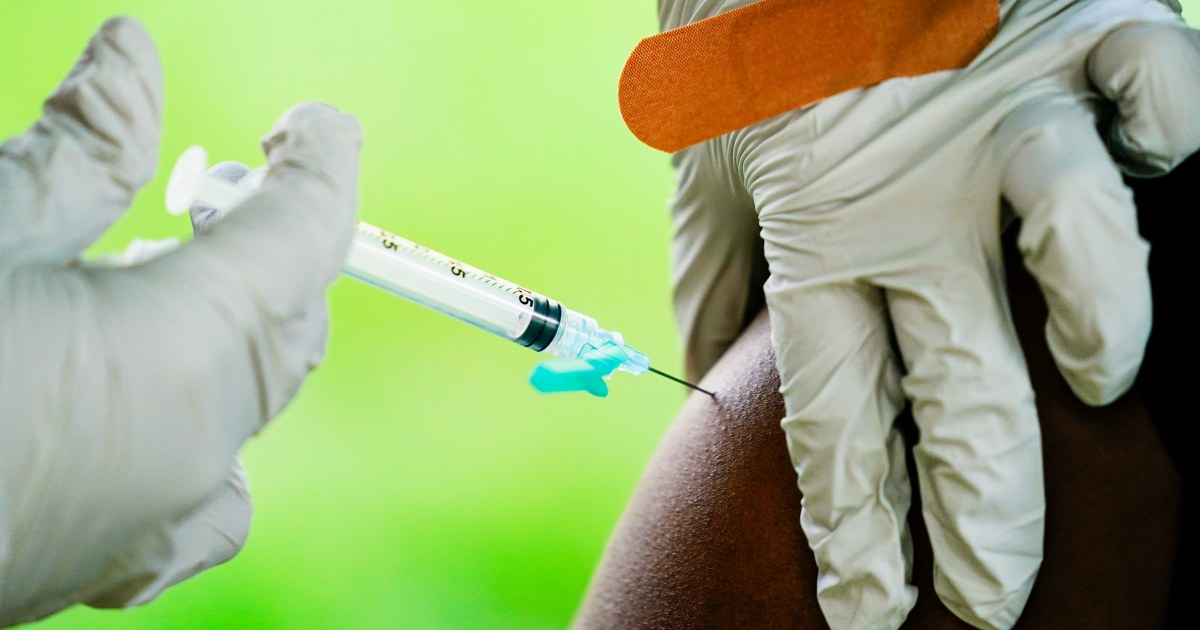Even as the nation faces searing heat waves this summer, Dr. Mandy Cohen, director of the Centers for Disease Control and Prevention, is already thinking about this winter’s cold and flu season.
«We’re going to have three bugs, three viruses: Covid, of course, flu and RSV,» Cohen said in an interview. «We need to make sure the American people understand all three and what they can do to protect themselves.»
The spread of all three respiratory viruses is currently low, but the CDC has begun to detect slight increases in positive Covid tests and Covid-related emergency department visits. And the decline in covid hospitalizations has stalled.
Omicron XBB sub-variants are still the most frequent forms of covid, although on Wednesday, the World Health Organization identified a new version of XBB, EG.5, whose prevalence is increasing worldwide and in the US.
It is not clear what the appearance of EG.5 means, if anything. The WHO noted that there is no evidence that it causes more severe illness. Cohen said that so far, the virus remains susceptible to covid vaccines.
For the first time this fall, the US will have access to vaccines for another expected virus: respiratory syncytial virus, or RSV. Those shots, along with a new monoclonal antibody shot for babies and a third vaccine pending approval, have the potential to dramatically reduce cases of the virus that typically affects infants and older adults the most, experts say.
An unexpectedly severe wave of RSV infections in late 2022 overwhelmed children’s hospitals with infants and young children whose immune systems had not been exposed to the virus during lockdown.
On July 17, the Food and Drug Administration approved a monoclonal antibody injection to help prevent RSV in children up to 2 years of age. Unlike a vaccine that causes the body to make its own antibodies, the shot works by delivering RSV antibodies directly into the bloodstream.
And as soon as next month, the FDA could approve the first RSV vaccine for pregnant women, who would then transfer those antibodies to their babies.
Two more RSV vaccines were approved earlier this year, for adults 60 and older.
Schedule of vaccines against covid, flu and RSV
This means many Americans will be urged to get three different vaccines this fall: Covid, RSV, and the annual flu shot. But that will be a challenge for the health care system, said Dr. William Schaffner, an infectious disease expert and professor of preventive medicine at Vanderbilt University Medical Center.
“We are going to have to learn how to deliver those vaccines in a way that is effective to really reach the population at a time when there is already vaccine fatigue,” he said.
Some may be wary of getting three injections at once, a concern echoed by Schaffner. Combining the flu and covid vaccines doesn’t appear to reduce the effectiveness of either, but Schaffner said there is limited data to suggest that adding the RSV vaccine to the mix decreases the response.
“I think most of us will recommend that it’s okay to get the flu and covid vaccines together, but wait a while until you get the RSV vaccine,” he said.
Last year, flu season started unusually early, in October, and peaked quickly. There are still no indications of what the United States will face this year.
«Right now, they’re having a pretty standard flu season in the southern hemisphere,» Cohen said. «But it’s still early.»

